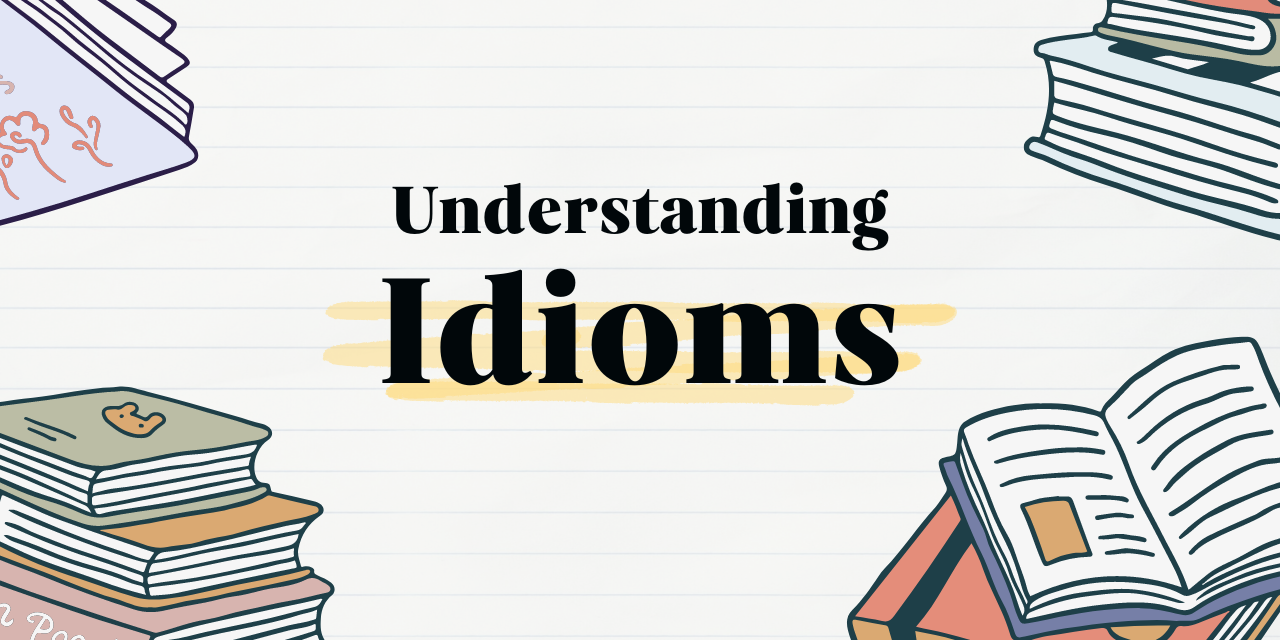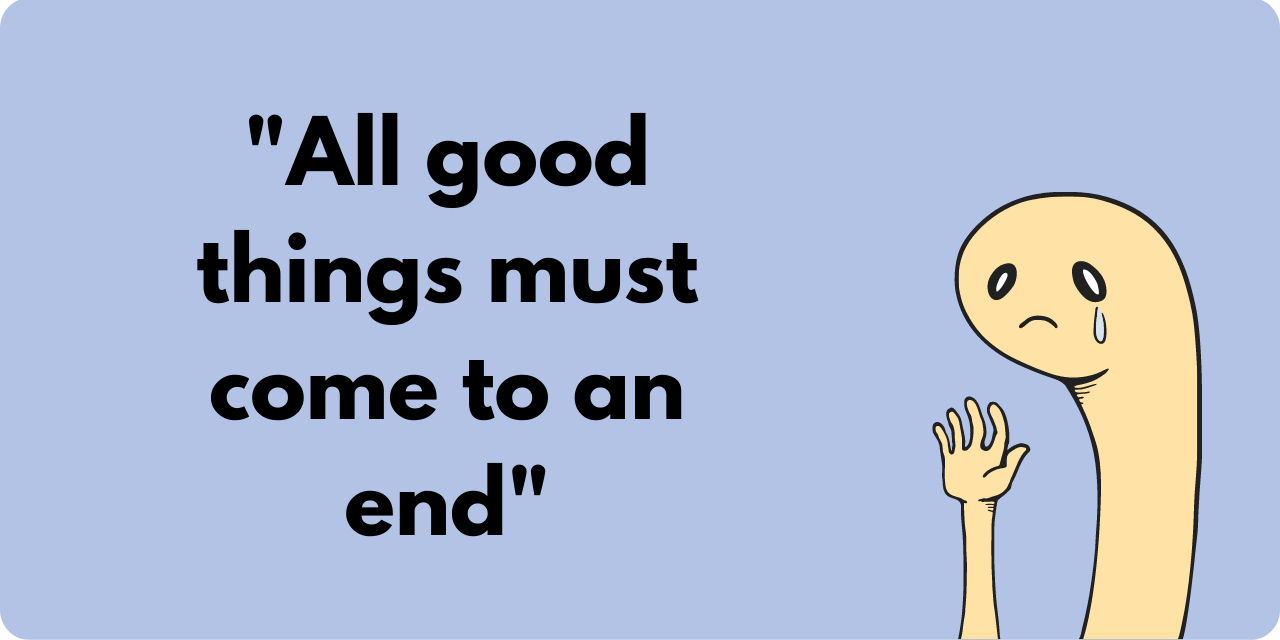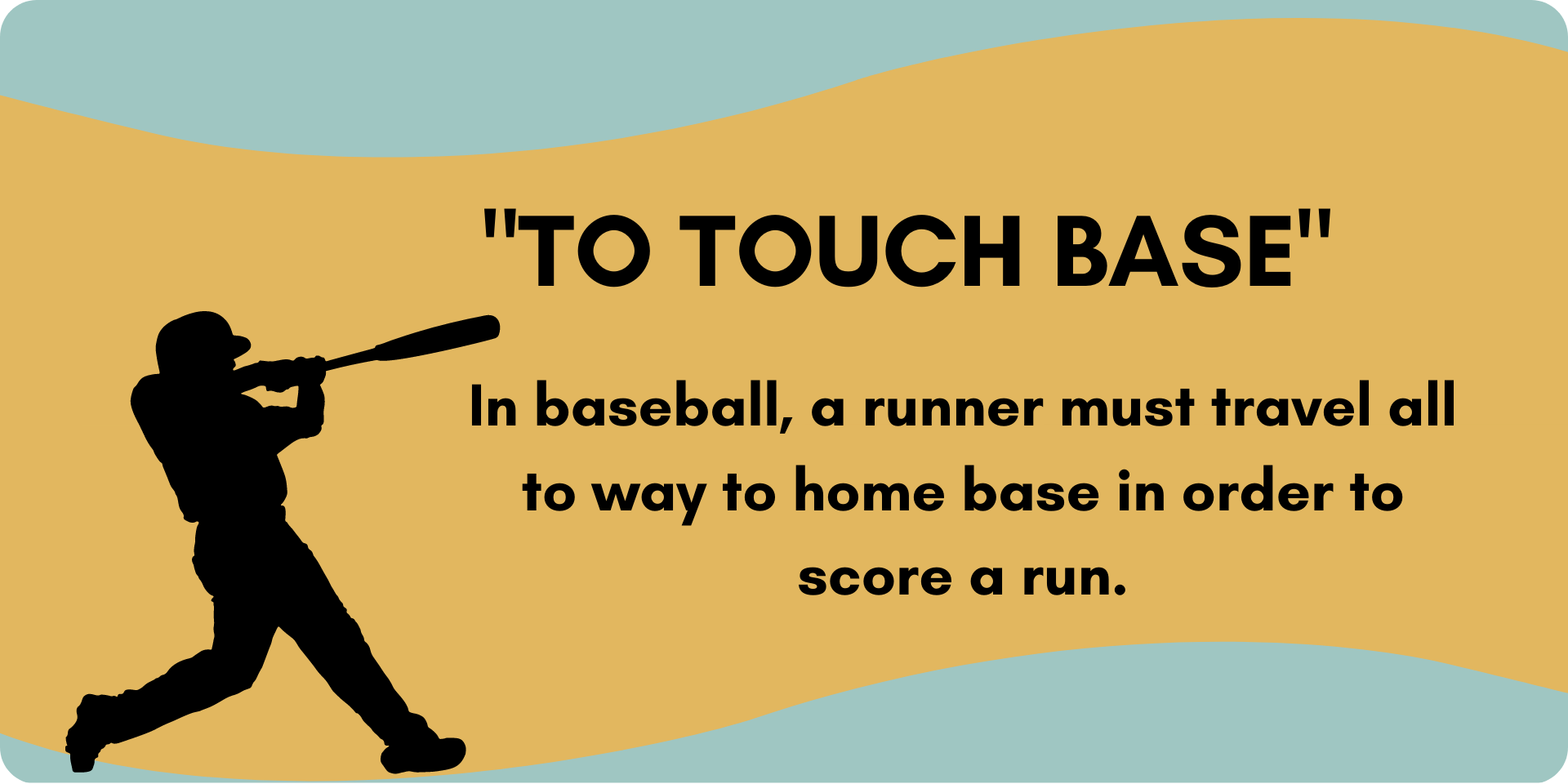Have you found yourself the butt of the joke for not knowing this idiom? Let’s dive in.
- The person addressed as the “butt of the joke” is a target for mocking, teasing, or other ridicule.
- An idiomatic expression is a phrase in which the words are understood to represent something different from their literal meaning.
- This phrase is centuries old, dating back to medieval times, with “butt” referring to a type of target used for archery practice, much as the “butt” of a joke is a target for verbal abuse.
Idioms are one of the most challenging types of figurative language (such as metaphors) because the phrase’s meaning is entirely different from what the words represent when taken literally. Those learning the English language for the first time can quickly become lost when idioms come into play. If the expression is unfamiliar to a native speaker, it can be nearly as difficult to interpret.
In certain circumstances, inference is enough to get the idea, but particularly outlandish idioms can prove unsolvable without some explanation. While the idiomatic phrase “butt of the joke” is one in which context clues in a sentence can help the listener or reader, this is not always the case.
We will help you understand the expression and how it came to be using historical context. Afterward, you can use it yourself and understand the implications when someone uses this phrase to refer to you!
What are Idioms?
As “butt of the joke” is an example of an idiom, knowing what that means can help understand how phrases such as this work. Chances are, you have heard or even used idioms without necessarily knowing it! There’s an unfathomable amount of them, and even entire groups of sayings used to express a single idea.
Let’s begin with one of the most common idiomatic expressions:
- It was raining cats and dogs.
This example is an easy one for beginners because it is visual. Think for a moment about what this expression means. Likely, you are familiar with this one and may only see a single meaning for it, that it is raining very hard outside. That is the understood meaning.
Now think about what this would mean if you took the expression literally, which many second language learners will do because they are learning the words and know they have a specific meaning. More often than not, they cannot look past the vocabulary to see that it means it is raining hard because, while the sentence states that it is raining, it never tells how hard.
Instead, they picture cats and dogs falling from the sky, bouncing or splattering off sidewalks, cars, or even umbrellas. Why? Because that is what the sentence says. If you use this expression, they are likely to give you some strange and confused looks.
Let’s look at one of those topics in which multiple idioms correlate with a single idea (and it’s a grim one): death.
Generally, this topic is spoken about with solemn seriousness or phrased in such a way as to avoid using the word itself. Often people use sayings such as “passed away” to imply a person has died. Nonetheless, this grave idea is also the birthplace of many phrases that seem to make light of the situation.
- What a sad day; old farmer Mort bought the farm.
At first glance, this seems like it should be a happy sentence. It sounds like this old farmer is finally living the dream, buying a new farm and ready to plant crops and feed livestock. Then why is it a sad day? That would be because this idiomatic phrase means that he is now dead. The words themselves suggest something entirely different from the understood meaning.
Here are some other idioms for when someone has bought the farm, err, died.
- The former pastor has finally met his maker.
- I’m attending Miss Magdalen’s funeral because she finally kicked the bucket.
- Poor Mr. Bacon is six feet under.
- Mary Angeline is pushing up daisies.
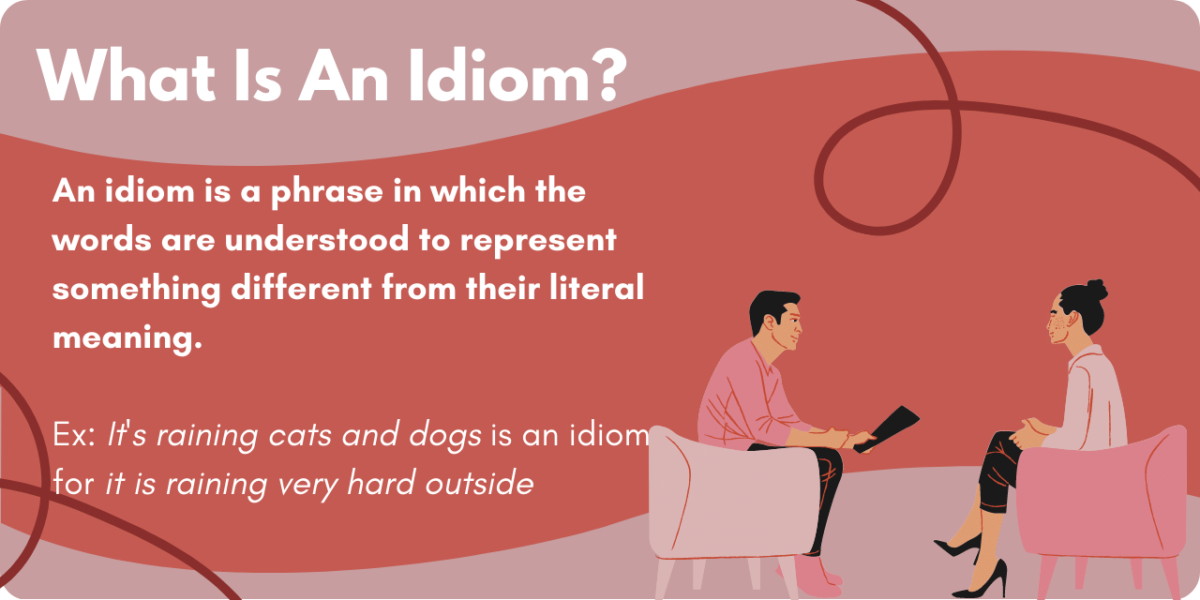
What Does “Butt of the Joke” Mean?
Now that you understand how confusing idiomatic expressions can be, let’s consider the phrase in question. If someone is the “butt of the joke,” they are a source of ridicule, teasing, mocking, or otherwise mean treatment. In other words, they find themselves the target of a joke. Note that the expression is subject to some variation while maintaining its original meaning, such as replacing the article “the” with “a” or even adding a few additional words to cater to specific situations.
- What Bobby said seemed innocent enough, but the way the children laughed and giggled made Ms. Davis think she must be the butt of a joke.
Even if the form changes slightly, the meaning is still the same. The students here probably have an inside joke and are making fun of the teacher somehow.
- Obie Dale had been the butt of a joke for the last time and was ready to take some revenge.
Poor Obie seems to be the victim of teasing, mockery and bullying, and it looks like enough is enough. Likely, somebody else is going to be hurting in the near future.
- Even though Collienda kept her positive nature during the playful ribbing, being the butt of the joke was starting to wear on her.
Sometimes people do not tease someone because they are trying to be mean; it may even be because they like Collienda and are trying to get her attention. However, this type of behaviour can often have a different effect than what they intended.
- Damien was the butt of every joke that evening due to his flamboyant sweater. However, rather than being offended, he relished the attention.
We will let therapists decide whether Damien’s approach to validation is healthy.
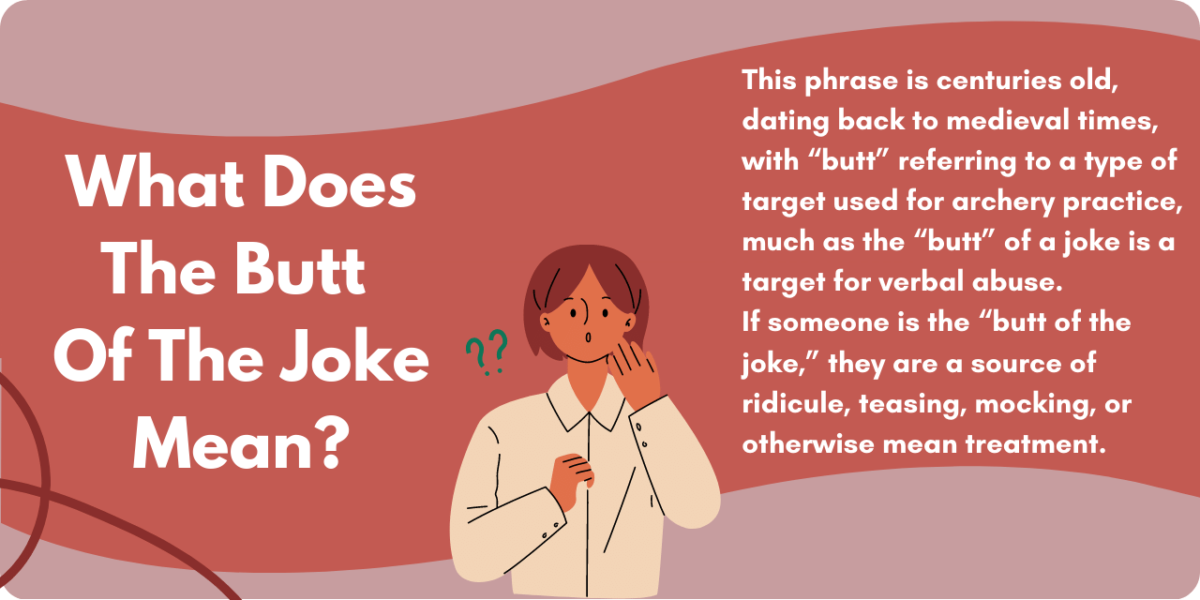
Where did the Expression Come From?
The “butt of a joke” is a reasonably old expression, dating back centuries, with records showing usage as far back as the 13th or 14th century. When someone hears this expression, they automatically think “butt” must refer to a person’s hindquarters, which is often considered funny and seems like it would logically go along with the word joke.
In reality, the word refers to a different type of butt, a mechanism used to hold an archery target. This meaning has not gone entirely out of use, as those who practice the sport for leisure or competitive purposes may still purchase a butt, which often refers to the target itself or at least a bullseye with support to hold it up.
A little quirky aside – in the UK, referencing its original meaning, a now-infamous lane is called “Butthole Lane.” Apparently, in addition to the unavoidable giggling and butt jokes every time they give their address, the residents of Butthole Lane also have a hard time getting food delivered to them, as the restaurants receiving the order automatically assume this is a prank.
But let’s get back to our original topic – the “butt” of a joke is the “target” of a joke, which is the expression’s origin. However, in the earliest days of its usage, it was often phrased as “the butt of the jest,” which is a more archaic word for “joke.”
Media Examples
Let’s take a look at how this idiom is used in the press across the globe:
He makes himself the butt of the joke, a baleful puppy with a premature furrow in his brow. – The New York Times
Trainwreck shares its raunchy humour but, like Bridesmaids (which Apatow produced), it is a female-driven comedy in which the men are frequently the butt of the joke. – The Independent
Still, if the whole thing’s so unchallengeably hilarious, who’s the butt of the joke? – The Guardian
No one would make that queen the butt of a joke; no one would mock her. – The New Yorker
Plural Form
And in case you were wondering about the plural form, when more than one person is being targeted for humor, the are in fact the “butts of jokes:”
The twins, having come back from their camping trip defeated, were the butts of jokes the entire evening for not being adequately prepared for the adventure.
More Butts
What about ” “to butt out” or “butting in? Here the meaning of the word “butt” is to interrupt of meddle in the affairs of others. So if you are “butting in,” it usually means you are making an unwanted interruption, and you may consider “butting out”
Further reading: here are some other great expressions that you can integrate into your writing:
Dog Whistle

